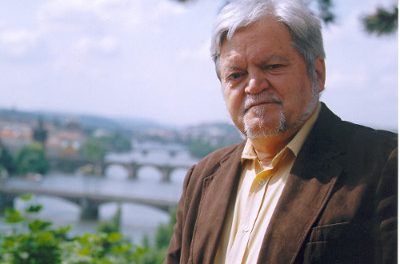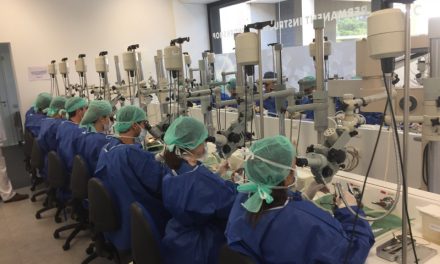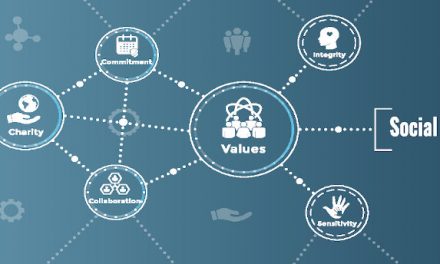Joaquín Callabed participates in a day of reference on some pathologies that affect three million Spaniards
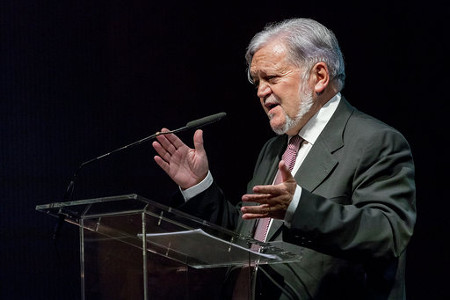
Dr. Joaquín Callabed
Joaquín Callabed, president of the Spanish Club of Social Paediatrics and elected academician of the Royal European Academy of Doctors-Barcelona 1914 (RAED), participated on November 21 in the “Jornada de la infancia y enfermedades raras. Apoyo a la familia y a la escuela” (Childhood and Rare Diseases Day. Support for the family and the school), organised by the Barcelona House of Mercy Foundation with the collaboration of the La Caixa Banking Foundation at the Macaya Palace in Barcelona. Callabed intervened with the paper “El futuro de las enfermedades raras en la infancia” (The future of rare diseases in childhood).
The academician began his speech explaining that rare diseases are actually a group of very numerous diseases, between 5,000 and 7,000, that affect about three million people in Spain alone. To their own health problems are added those of their therapeutic diagnosis and the social, family and even bioethical problems that they usually entail. “The diagnosis is difficult and in many cases it is done in adulthood, although today we know that genetics plays a basic role in its prevention”, he said.
Callabed said that the treatment of these pathologies is very limited, there are few drugs and it is not profitable to investigate for a small number of patients; to the extent that only 5% of rare diseases have specific treatment. Specific aid is required for research and compounding, which is carried out by hand and allows associating medications and giving a customised medication. This is usually the only hope for these patients.
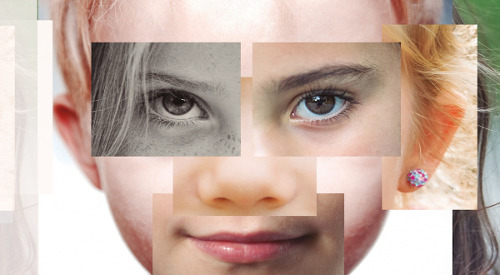 Beyond this pharmacological treatment, the academician highlighted the need for those affected and their families to receive specific support. “We must promote the educational inclusion of those affected, promote participation in the workplace and enhance the performance of social services, especially those related to disability and dependence, and support families”, he said.
Beyond this pharmacological treatment, the academician highlighted the need for those affected and their families to receive specific support. “We must promote the educational inclusion of those affected, promote participation in the workplace and enhance the performance of social services, especially those related to disability and dependence, and support families”, he said.
At a bioethical level, rare diseases represent a challenge for a multidisciplinary and interdisciplinary approach. Callabed added “Scientific limitations shouldn’t limit attention, science can tell us what is accurate but not just and human, because as the humanist François Rabelais said, science without conscience is the ruin of the soul”, he concluded.

